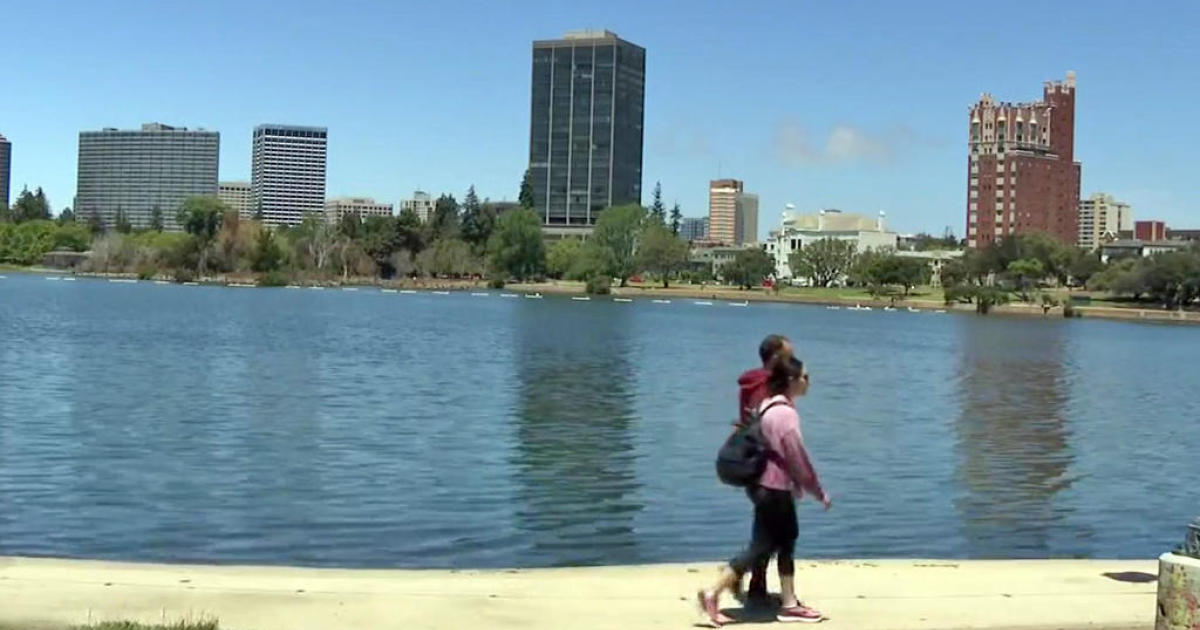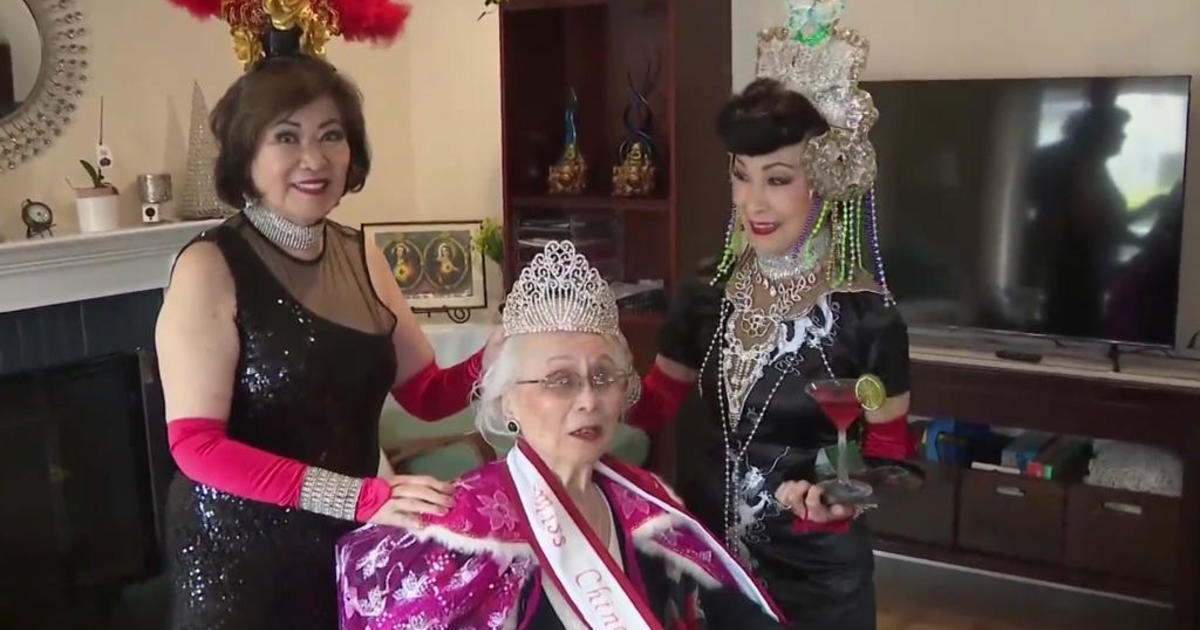Mother Says Son Sank Deeper Into Addiction At Oakland Rehab Facility
OAKLAND (KPIX 5) -- In the first part of an original report about a substance abuse treatment facility in Oakland, a 16-year-old resident's mother claimed her daughter was attacked and ended up in the emergency room with acute alcohol poisoning.
In the second part, KPIX 5 talks to another family that also had a life-threatening experience with their teenager at the same rehab facility.
"Xanax. That was my downfall," said Bobbi Noman. The teenager was addicted to the common anti-anxiety medication when his doctors referred him to Thunder Road, a chemical dependency recovery center for youth in Oakland.
"My first impressions when I came there was...so much freedom. Kids had their phones out. Like, they had cigarettes, they had weed," said Noman.
He said it was easy to go AWOL and hook up with his dealer.
"They didn't even call the cops or anything," Norman remembered.
In a matter of weeks, Noman said he fell deeper than ever into his addiction. It was something his mother Malika Guergah noticed.
"I go in, my son, he looks worse and worse physically. Withdrawn," said Guergah.
One day, Noman left Thunder Road, went home and spent the night. It was only the next morning that a counselor called.
"She says, 'Do you have Bobbi?' 'Yes, he's lying down right next to me.' No concern, no apology for not calling," said Guergah. It's like, 'No big deal!' He could be anywhere. Shot, hurt, somewhere, but they have no idea."
Guergah filed a complaint with the state, one of a growing number of complaints since 2017. That was the year that Sutter East Bay Hospitals -- which used to run Thunder Road -- handed the facility over to a non-profit called Bay Area Community Services or BACS. The organization also runs many homeless programs in the Bay Area.
Teens are referred to Thunder Road mostly by social services and juvenile justice agencies. It's one of the few places in the Bay Area for drug addicted youth. But KPIX 5 discovered something strange: there currently are no residents at the facility.
"It doesn't surprise me," said Wendy Still, Chief Probation Officer for Alameda County. "We had a few incidents that occurred last year that I was very concerned about. And I made the decision to no longer use the facility."
Still says there were occasions when her department was not notified that youth were missing.
"For me one of the major considerations I always have is, do I feel kids are safe? Do I have confidence that the facility basically is providing a safe place for at risk youth that the county is responsible for? At Thunder Road, I don't have that confidence," said Still.
The lack of residents has come to the attention of the California Department of Social Services. An inspector made a recent unannounced visit to find out what was going on.
We don't know what he found, but the situation could also jeopardize a potentially profitable deal we discovered BACS got when it took over Thunder Road from Sutter. If the facility stays open serving at risk teens for five years and meets certain conditions, BACS gets ownership of the building: a multi-million dollar property.
BACS is also supposed to submit an annual report to the State Attorney General's office that regulates non-profits, about how it is complying with the deal. KPIX put in a public records request for those documents and got back two identical two-page reports for fiscal years 2018 and 2019, in which BACS claims it's complying with everything. The reports were submitted a week after we put in our request.
KPIX tried to talk to Thunder Road's clinical director Benjamin Blake about that and he ordered KPIX cameras to leave the property.
In a statement, BACS told KPIX Thunder Road is "a voluntary, unlocked program, and operates as a 'restraints free' environment, meaning that young people cannot be restrained or physically prevented from leaving the facility."
As for the lack of residents the company statement says, "Over the last ten years, the community demand for this type of residential care has declined and the number of young people who are willing to engage with this level of treatment has dropped to near-zero."
Chief probation officer Wendy Still disagrees.
"There is a need. My goal is to bring all our youth home, and what that means is really expanding the number of licensed facilities that are in the area. So there does continue to be a very important need," said Still.
On the last AWOL visit home, Guergah said Bobbi was in really bad shape.
"My son came, under the influence of heavy drugs, Xanax," said Guergah. So that is when I just...I gave up."
She pulled Bobbi out of Thunder Road and sent him to a locked rehab in Utah. He's back home now and three months sober.
"It's just like it didn't give me anything but negative. So Thunder Road really just pushed me back when I could have been going forward," said Noman
Though Thunder Road currently doesn't have any clients in residence, BACS says their outpatient program for teenagers is full. In their statement BACS also says Thunder Road stands firmly behind the work they have done for thousands of youth and families over the past 32 years. However, BACS has only run the facility for the last two.



